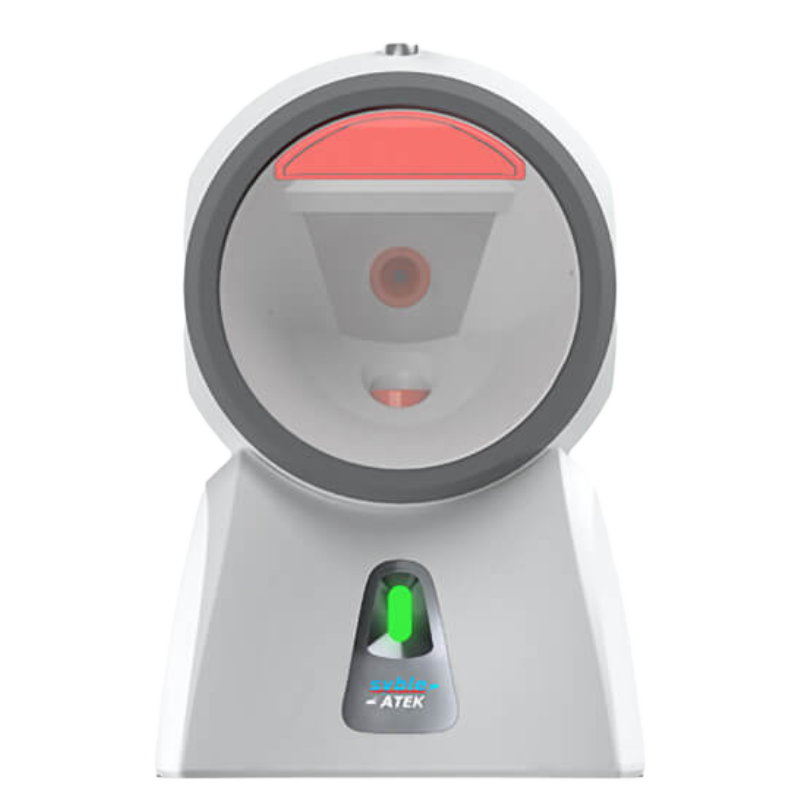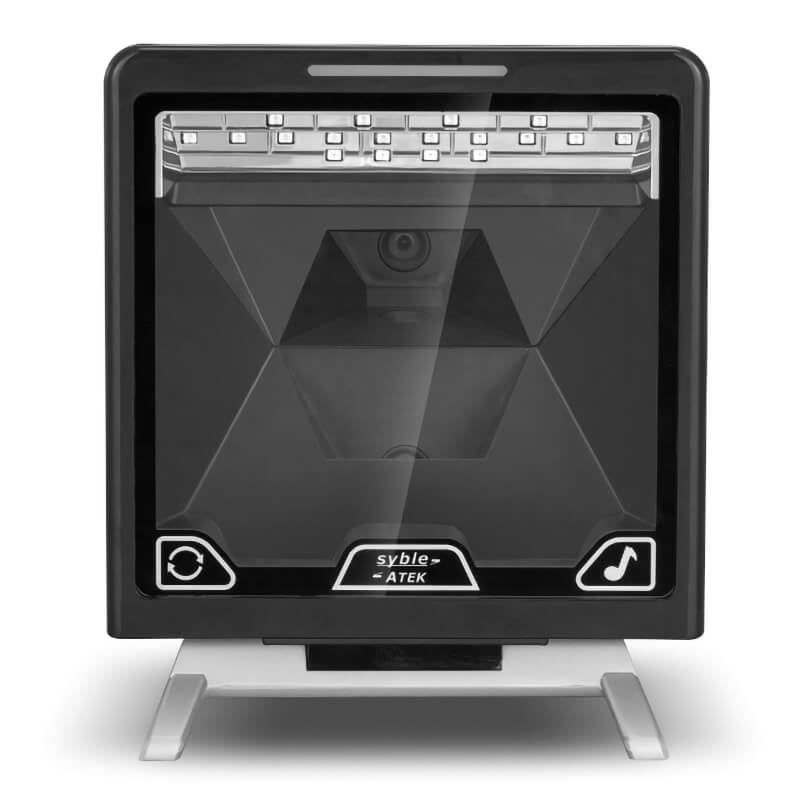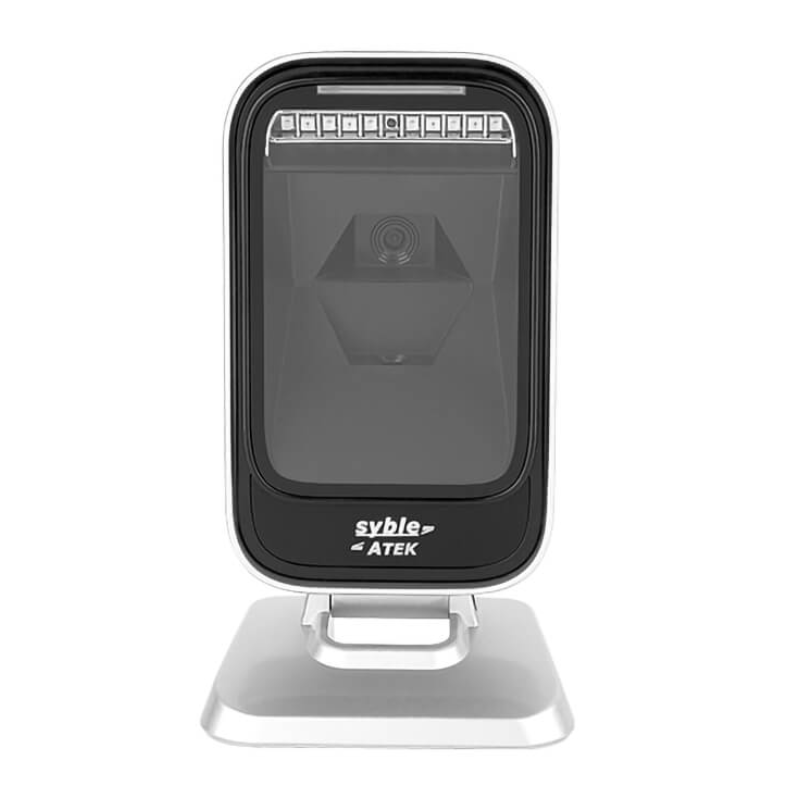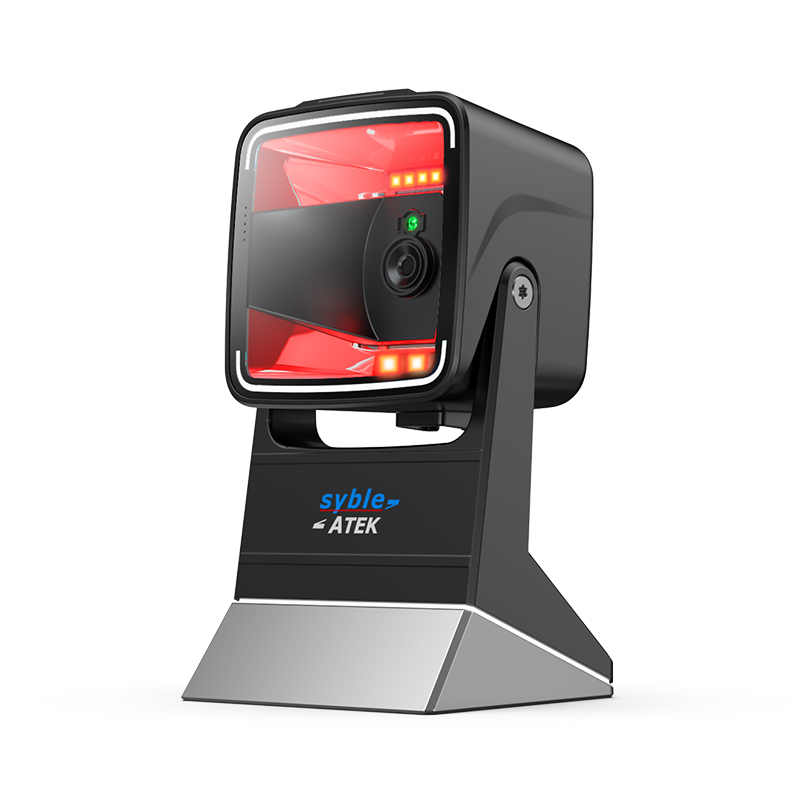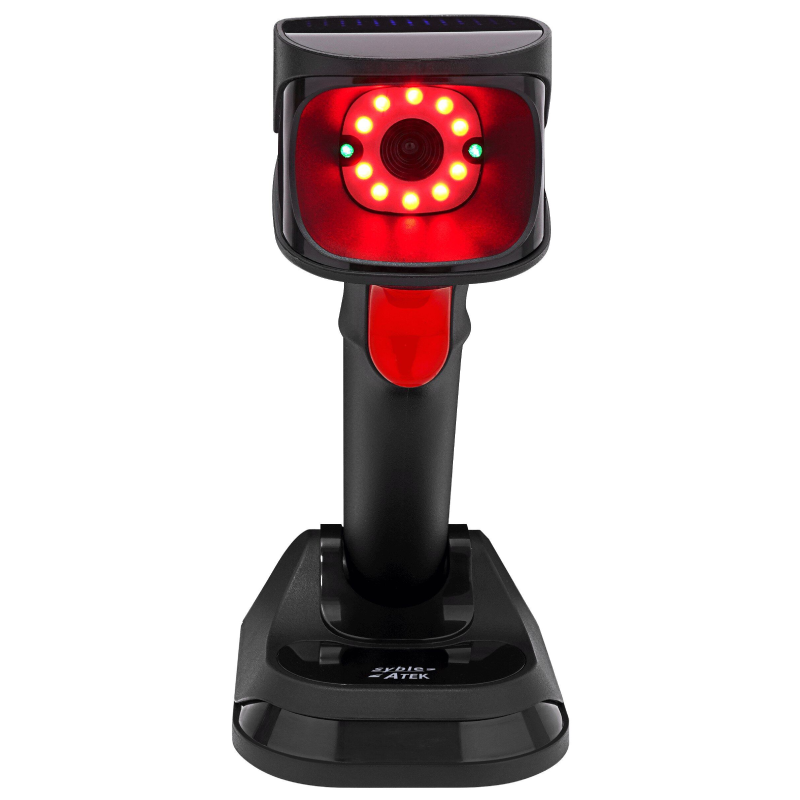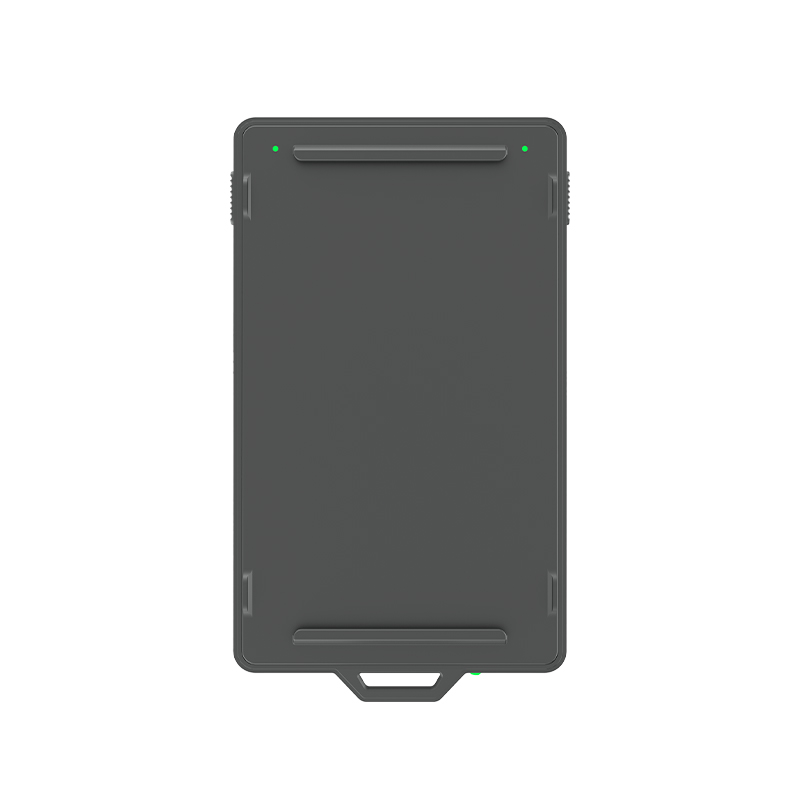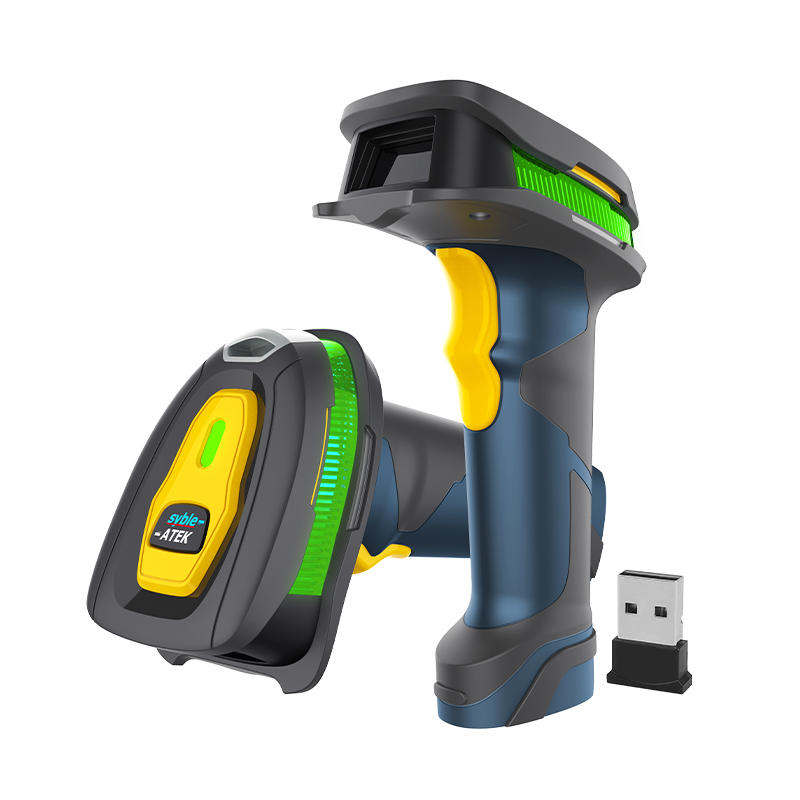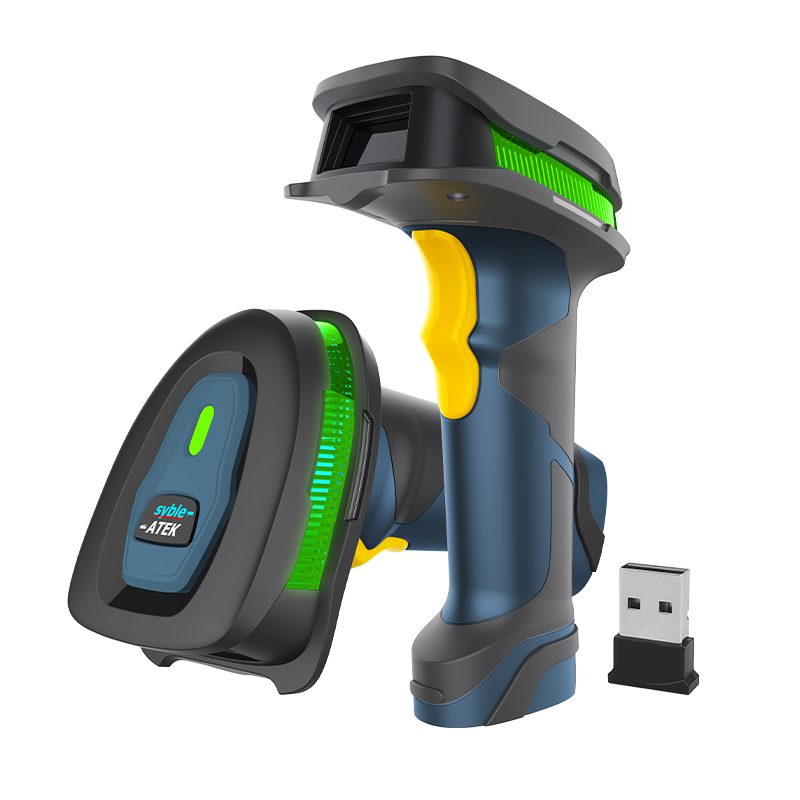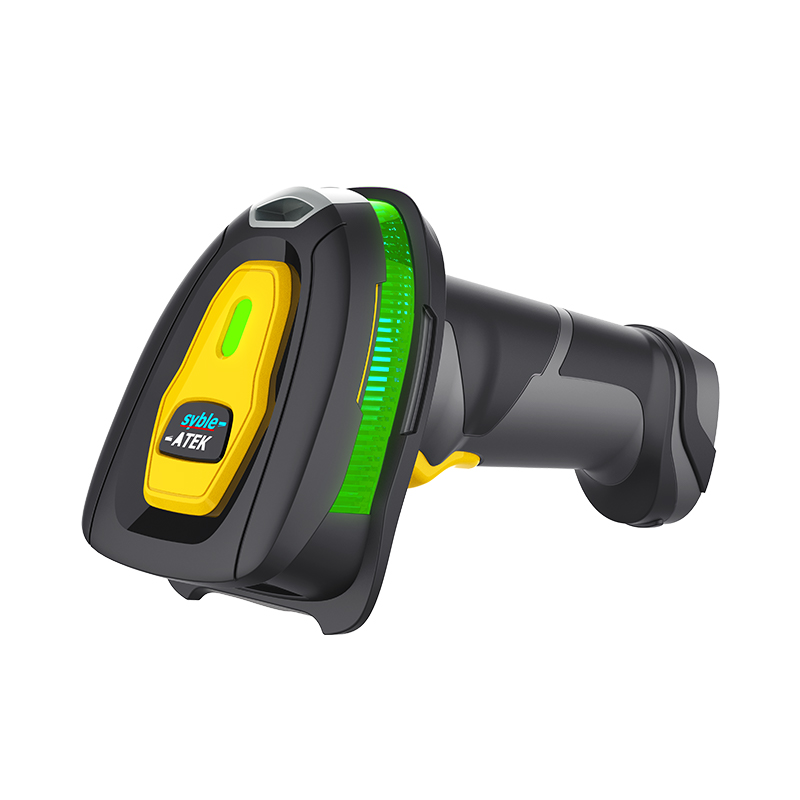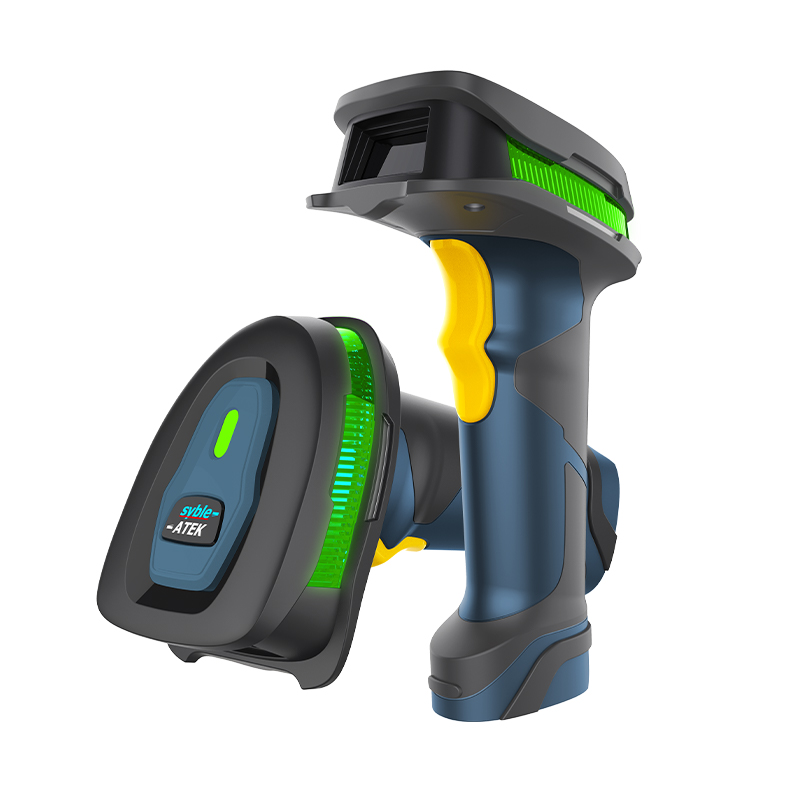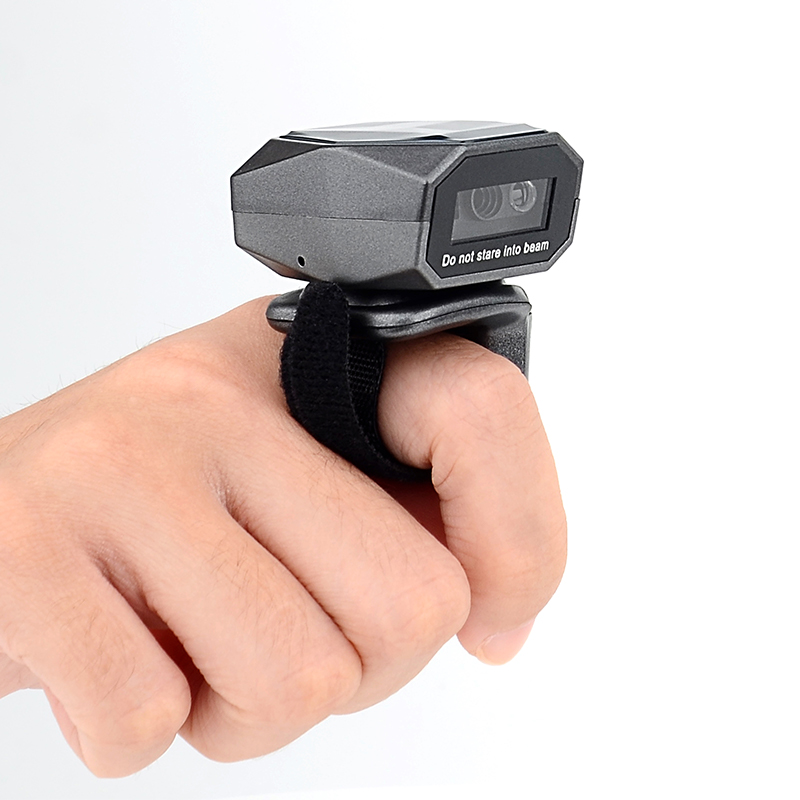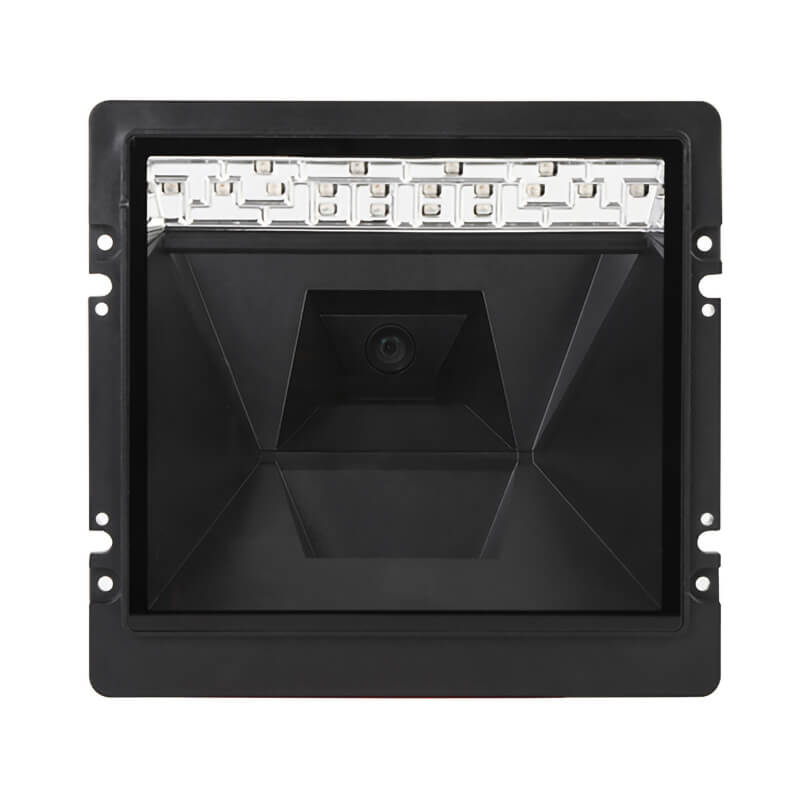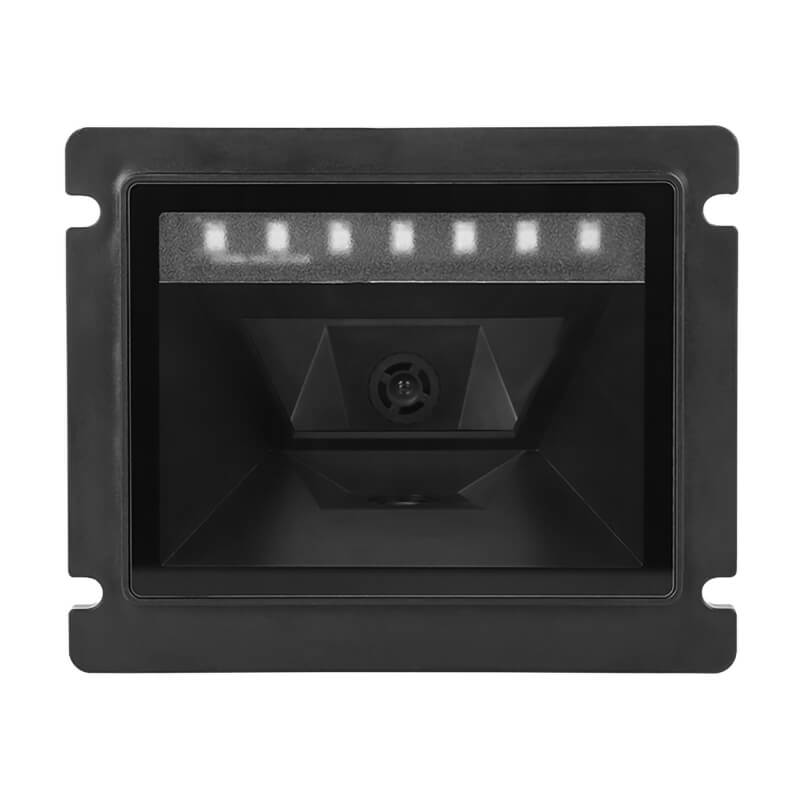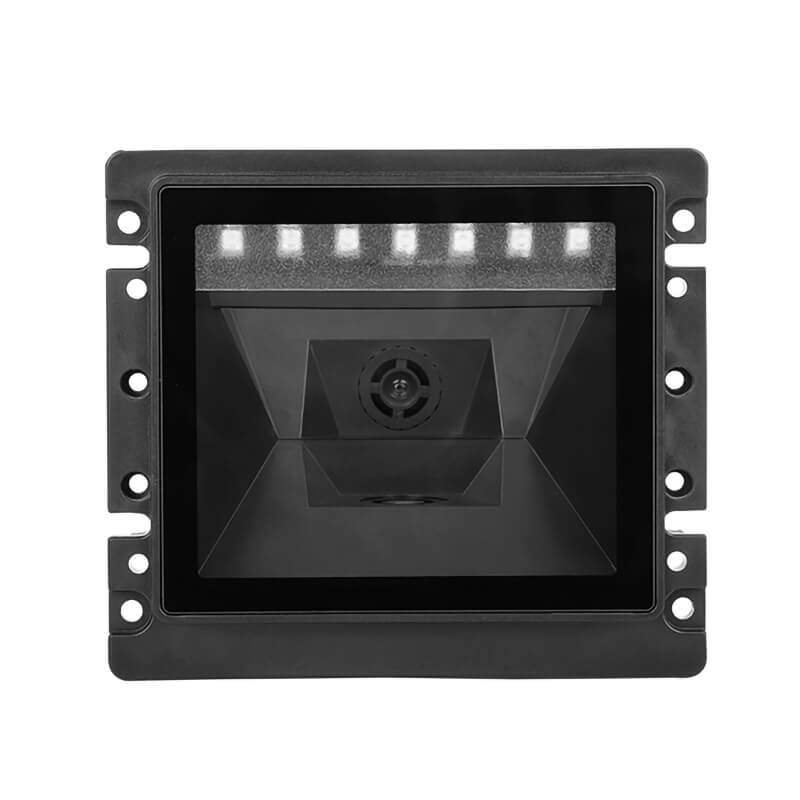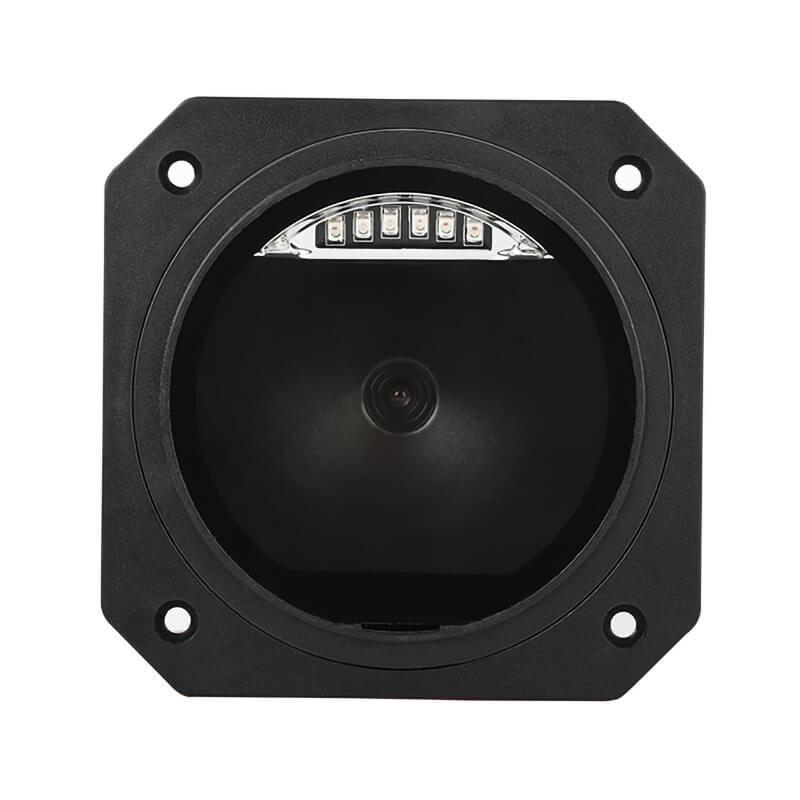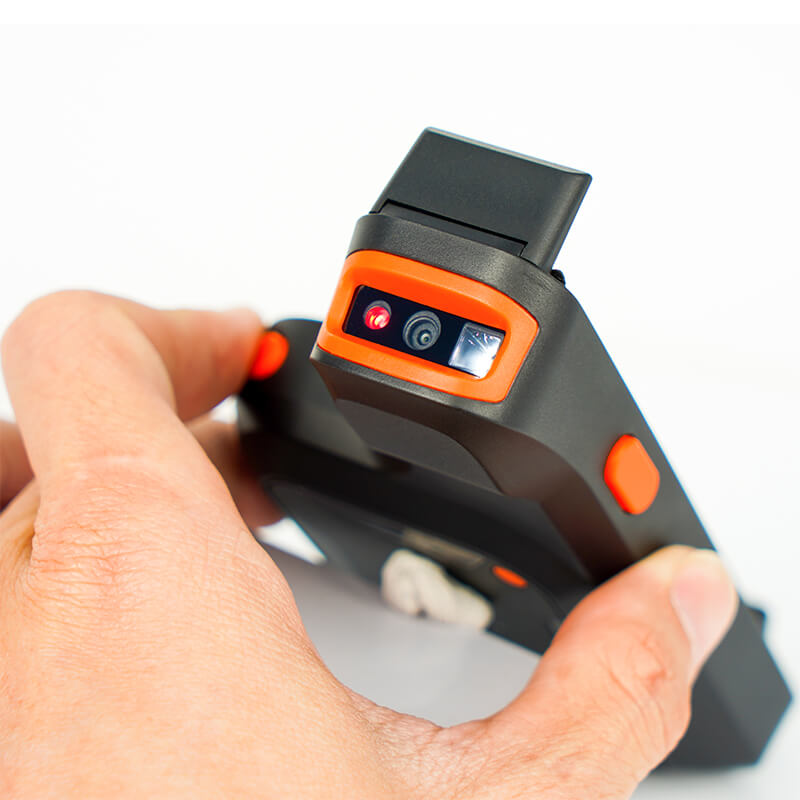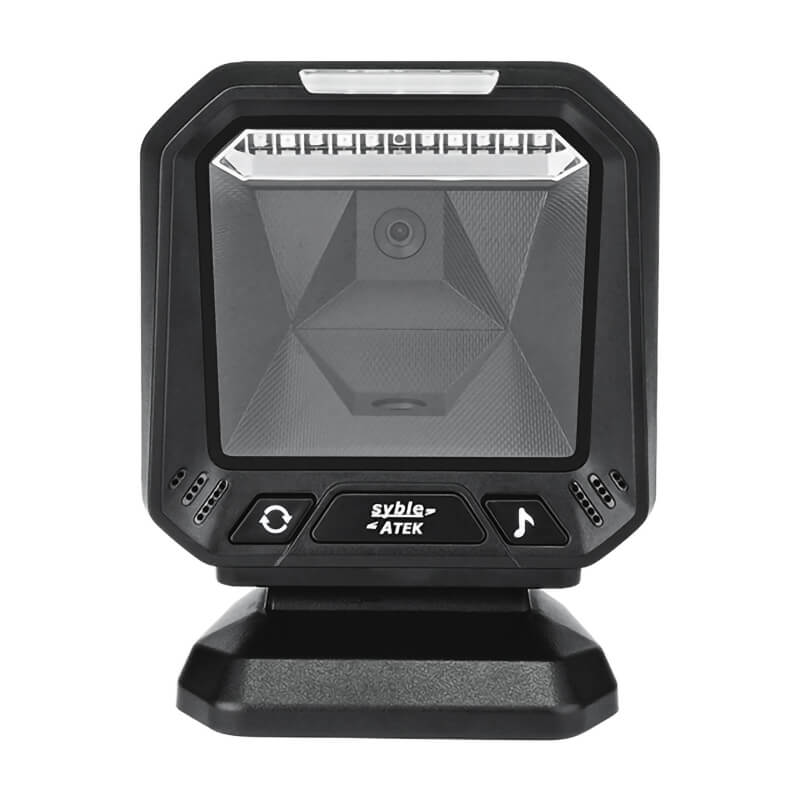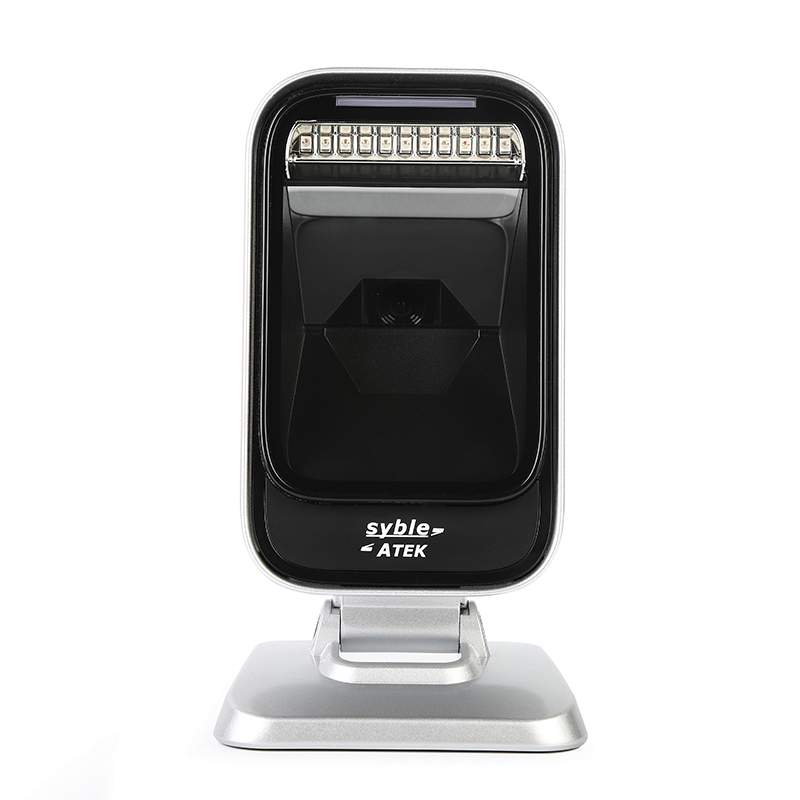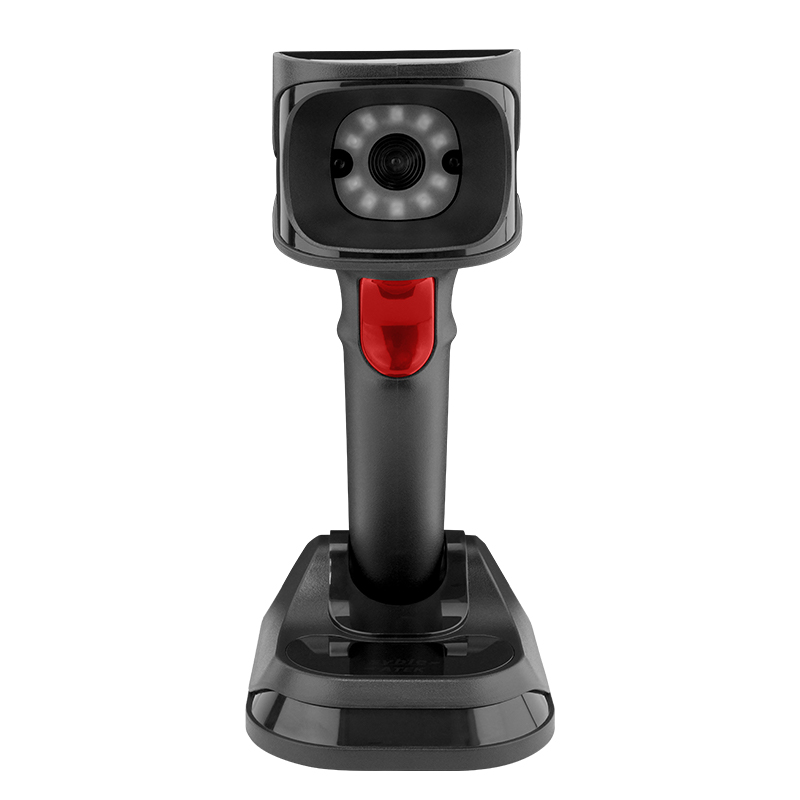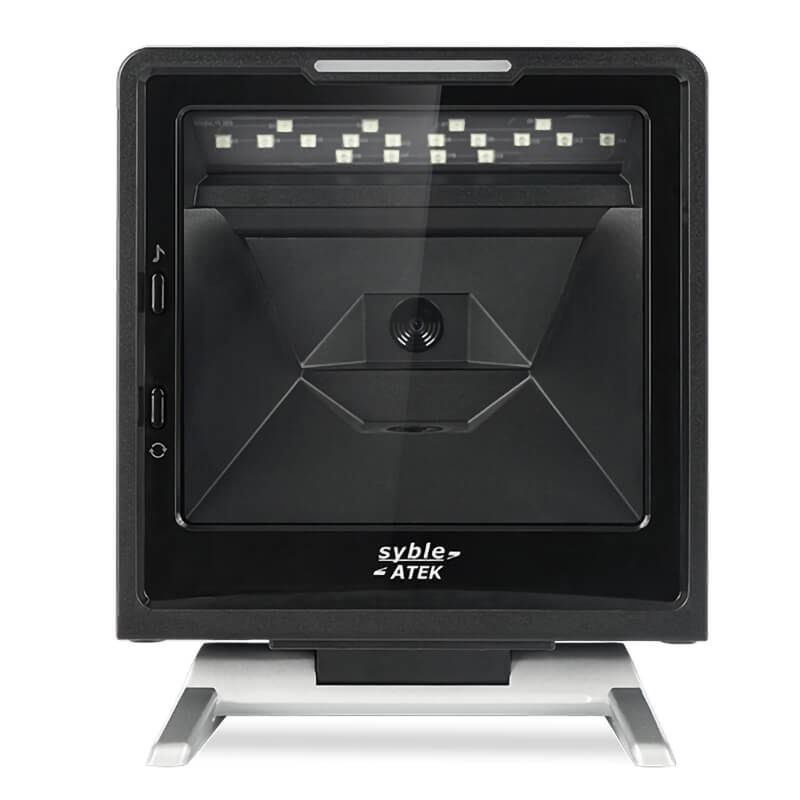Barcode scanners have revolutionized the way businesses track inventory, process sales, and manage data. These versatile devices can be found in virtually every industry, from retail stores and warehouses to healthcare facilities and libraries. But how exactly do barcode scanners work? In this comprehensive guide, we'll explore the technology behind these essential tools and examine their various applications.
What is a Barcode Scanner?
A barcode scanner, also known as a barcode reader, is an electronic device that uses laser beams or high-resolution images to read and decode the information contained in a barcode. The scanner consists of three main components:
- Light source: This is typically a red laser or LED that illuminates the barcode.
- Lens: The lens focuses the reflected light onto the sensor.
- Light sensor: This component, usually a photodiode, translates the optical signals into electrical ones.
The scanner also contains decoder circuitry that analyzes the barcode's image data and sends the decoded information to a computer or other device.
How Do Barcode Scanners Work?
When a barcode is scanned, the scanner's light source illuminates the code, and the dark bars absorb the light while the white spaces reflect it back. The scanner's lens focuses this reflected light onto the light sensor, generating an electrical signal pattern that corresponds to the barcode's dark bars and white spaces. The decoder circuitry then analyzes this signal pattern, validates the barcode using the check digit, and converts it into text or numbers that can be understood by a computer. This decoded data is then sent to the connected device via a wired or wireless connection.
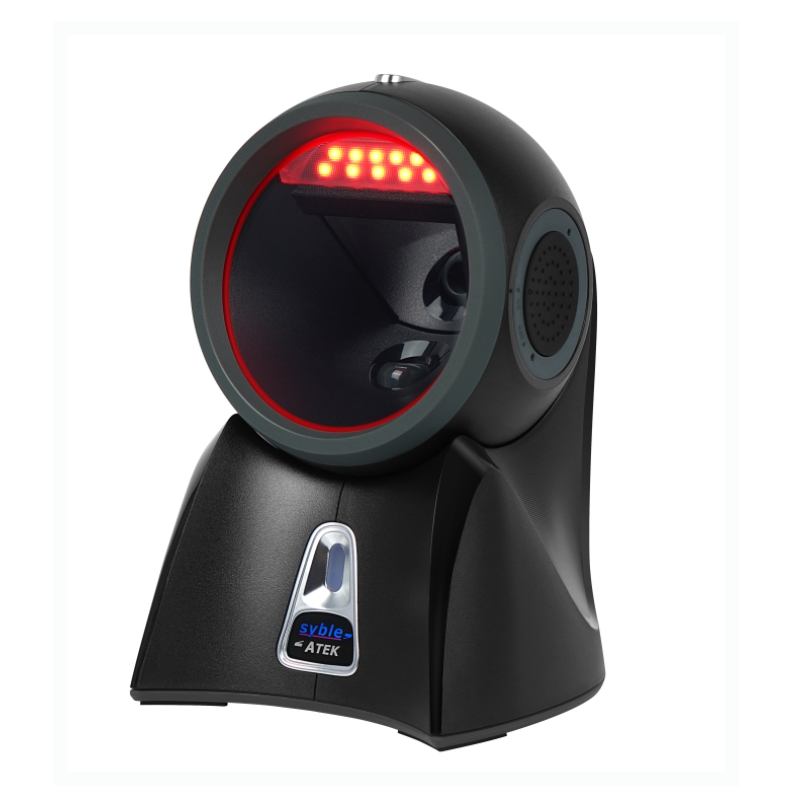
Retail Store Barcode Scanner From Syble
Types of Barcode Scanners
There are several types of barcode scanners, each with its own unique features and applications:
- Pen-type readers: These are the simplest and most economical scanners. They must be in direct contact with the barcode and require a steady hand to maintain the correct scanning speed.
- Laser scanners: These use a laser beam to read barcodes from a distance. They are fast, accurate, and can read barcodes at various angles. Laser scanners are widely used in retail and industrial settings.
- CCD (Charge Coupled Device) scanners: Also known as LED scanners, these use hundreds of tiny light sensors to measure the ambient light from a barcode. They are durable and can read barcodes at close range.
- Imager scanners: These use a high-resolution image sensor to capture a picture of the barcode, which is then analyzed by sophisticated software. Imager scanners can read damaged or poorly printed barcodes and are commonly used in industrial environments.
- Omnidirectional scanners: These scanners use a series of mirrors and motors to generate a complex scanning pattern, allowing them to read barcodes from any angle. They are often used in supermarkets and other high-volume retail settings.
Benefits of Using Barcode Scanners
Barcode scanners offer numerous benefits for businesses, including:
- Improved accuracy: Barcode scanners eliminate the need for manual data entry, reducing the risk of human error.
- Increased efficiency: Scanning barcodes is much faster than manually entering data, allowing businesses to process more transactions in less time.
- Enhanced inventory management: By scanning barcodes, businesses can track inventory levels in real-time, reducing the risk of stockouts and overstocking.
- Cost savings: Barcode scanners help businesses reduce labor costs associated with manual data entry and inventory management.
- Better customer service: Faster checkout times and more accurate pricing information lead to improved customer satisfaction.
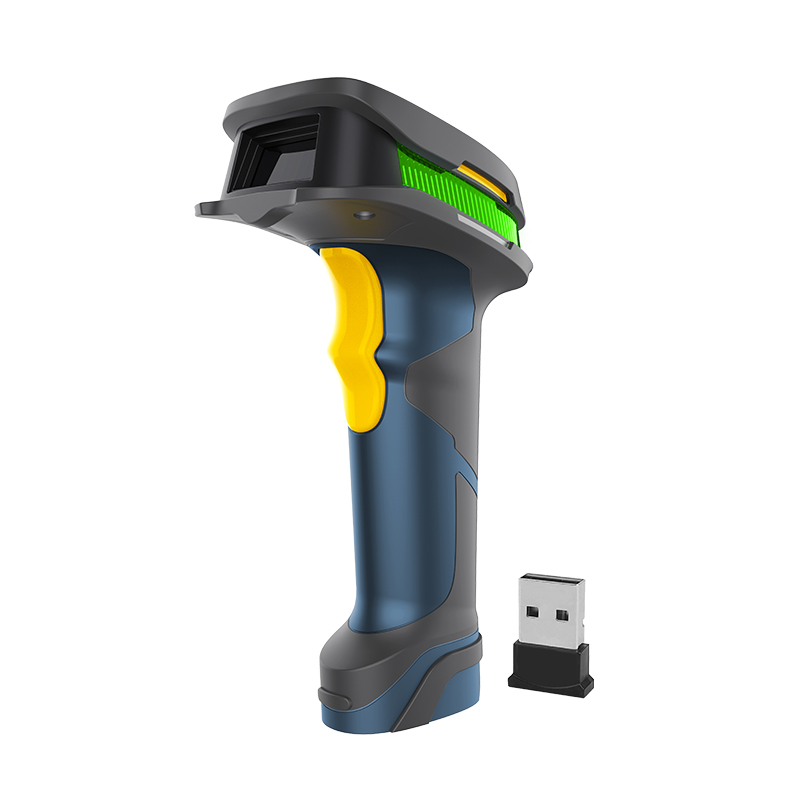
Guangzhou Syble AIDC Equipment
Applications of Barcode Scanners
Barcode scanners are used in a wide range of industries and applications, including:
- Retail: Barcode scanners are used at checkout counters to scan product codes, retrieve pricing information, and update inventory levels.
- Inventory management: Warehouses and distribution centers use barcode scanners to track the movement of goods, monitor stock levels, and optimize supply chain processes.
- Healthcare: Hospitals and clinics use barcode scanners to track patient information, medication administration, and medical supplies.
- Transportation and logistics: Shipping companies use barcode scanners to track packages, optimize routes, and ensure timely delivery.
- Event ticketing: Barcode scanners are used to validate tickets at concerts, sporting events, and other large gatherings.
The Future of Barcode Scanning Technology
As technology continues to advance, barcode scanning is evolving to meet the changing needs of businesses and consumers. Some emerging trends in barcode scanning technology include:
- Mobile barcode scanning: Smartphones equipped with high-resolution cameras and barcode scanning apps are increasingly being used as mobile barcode scanners.
- 2D barcodes: These advanced barcodes, such as QR codes and Data Matrix codes, can store more information than traditional 1D barcodes and are becoming more common in advertising and product packaging.
- RFID integration: Radio-Frequency Identification (RFID) technology is being combined with barcode scanning to enable more advanced tracking and inventory management capabilities.
- AI and machine learning: Artificial intelligence and machine learning algorithms are being used to improve the accuracy and efficiency of barcode scanning systems.
Conclusion
Barcode scanners have become an indispensable tool for businesses across various industries, offering improved accuracy, efficiency, and cost savings. By understanding how these devices work and exploring their diverse applications, businesses can leverage the power of barcode scanning technology to streamline operations, enhance customer service, and drive growth. As technology continues to evolve, the future of barcode scanning looks brighter than ever, with new innovations poised to revolutionize the way we track, manage, and interact with the world around us.

